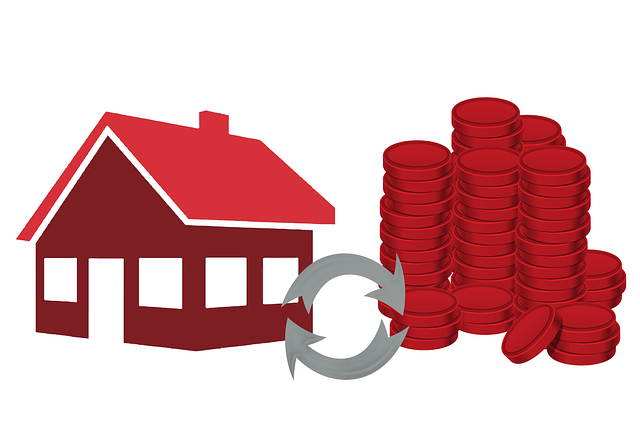Before diving into real estate licensing, understanding local laws is crucial for compliance, fairness, and stakeholder protection. Each jurisdiction has unique rules regarding property ownership, rental, and sales, impacting zoning, fair housing, and licensing. Identifying relevant authorities and gathering information ensures a smooth process. Compliance with zoning laws, building codes, and permits is essential, along with maintaining up-to-date licenses and records. Consulting experts helps avoid pitfalls, fostering ethical practices in the real estate sector.
Before diving into the real estate market, understanding local regulations and licensing requirements is paramount. This guide navigates the intricate landscape of real estate laws and their impact on professional licensing, empowering agents and brokers with essential knowledge. We identify key authorities and their specific mandates, providing a step-by-step compliance checklist for seamless operations. Ensure your success in this dynamic industry by adhering to these crucial regulations.
Understanding Local Real Estate Laws and Their Impact on Licensing

Understanding local real estate laws is paramount before diving into the licensing process. Each jurisdiction has its unique set of rules and regulations that govern property ownership, rental, and sales. These laws can impact everything from zoning restrictions to fair housing practices and licensing requirements. For instance, some areas may have specific guidelines on how many rental units can be operated in a residential zone or rules about disclosure obligations for sellers.
Knowing these local real estate laws is crucial as they ensure compliance and protect various stakeholders. They promote fairness in transactions, maintain property values, and safeguard tenants’ rights. Moreover, understanding the regulatory environment helps entrepreneurs navigate licensing hurdles more effectively. By adhering to these laws, individuals can avoid legal complications, fines, or even license revocations, ensuring a smoother journey in the real estate market.
Identifying Relevant Authorities and Their Specific Requirements

When diving into the world of real estate, understanding local regulations and licensing is paramount for a smooth transaction. The first step involves identifying the relevant authorities who oversee property sales in your area. These could include government agencies, city halls, or specialized real estate boards. Each authority has its own set of rules and requirements that must be adhered to, ensuring compliance with local laws.
The specific requirements can vary widely depending on location. They may cover aspects like disclosure documents, property inspections, licensing for agents, and even restrictions on certain types of properties. It’s crucial to gather information from these authorities to comprehend what’s expected during the real estate process. This proactive approach will help ensure a seamless experience for both buyers and sellers.
Ensuring Compliance: A Step-by-Step Guide for Real Estate Professionals

Ensuring compliance with local regulations and licensing requirements is a crucial step for real estate professionals. Start by thoroughly researching the specific rules and guidelines in your area, focusing on zoning laws, building codes, and any industry-specific permits. Create a comprehensive checklist to stay organized and track progress. This includes verifying that all necessary licenses are up to date and understanding the application processes for any new permits required.
Next, consult with local authorities or industry experts to gain insights into common pitfall areas and how best to navigate them. Regularly review and update your records as regulations can change over time. Maintaining meticulous documentation of every step ensures smooth sailing throughout the process, demonstrating your commitment to ethical practices in the real estate sector.






